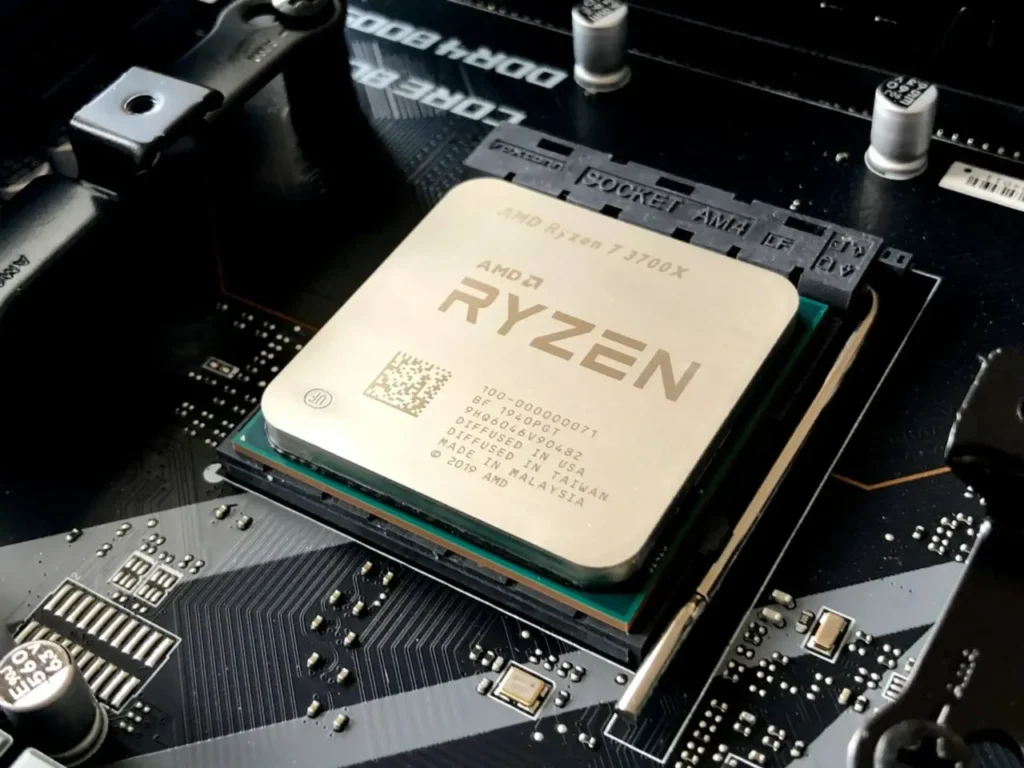AMD is currently confronting a major security challenge involving the Sinkclose vulnerability, a critical flaw affecting a wide range of its processors. The Sinkclose vulnerability allows malicious actors to execute code within a processor’s System Management Mode (SMM), a highly protected chip area.
This mode is generally shielded from the operating system and most software, making the flaw exceptionally dangerous. AMD’s response has been mixed, as the company has decided not to patch several older processor models impacted by this security issue.
The issue, first uncovered by researchers at IOActive and highlighted in a Wired report, impacts AMD chips dating back to 2006. This AMD vulnerability, which affects hundreds of millions of processors, enables attackers to infiltrate systems in a nearly undetectable manner, posing significant risks, particularly for high-profile targets such as government agencies and large corporations.
Decoding the Sinkclose Vulnerability and Lapses in Security Updates
In a statement provided to Tom’s Hardware, AMD confirmed, “There are some older products that are outside our software support window.” Specifically, AMD has chosen not to release updates for its Ryzen 1000, 2000, and 3000 series processors, as well as the Threadripper 1000 and 2000 models. This decision affects a substantial number of users who rely on these processors, many of which are still in active use.
The decision to exclude these older models from updates stems from AMD’s policy regarding software support for outdated hardware. For many users, this will mean that their systems remain vulnerable to attacks exploiting the Sinkclose flaw. However, AMD has been proactive in addressing the issue for its newer processors.Â
The company has already rolled out or is in the process of releasing updates for all recent AMD EPYC processors, the latest Threadripper series, and Ryzen processors. Additionally, the MI300A data center chips have also been included in the patch rollout.
AMD has assured users that these updates are designed to address the Sinkclose vulnerability without introducing significant performance penalties. “No performance impact expected,” the company stated regarding the updates. However, AMD is still conducting performance assessments to ensure the patches do not degrade overall system performance.
What is Sinkclose Vulnerability?
The Sinkclose vulnerability, while serious, is considered more of a risk for high-value targets rather than average consumers. Exploiting the flaw requires deep access to the affected systems, which is a considerable hurdle for most attackers. The nature of the Sinkclose flaw means that it is more likely to be used in targeted attacks against entities with significant resources or sensitive information.
Krzysztof Okupski from IOActive provided insight into the potential implications of the AMD vulnerability. Imagine nation-state hackers or whoever wants to persist on your system. Even if you wipe your drive clean, it’s still going to be there,” Okupski explained. “It’s going to be nearly undetectable and nearly unpatchable.” This highlights the depth of the problem, suggesting that once the Sinkclose flaw is exploited, the malicious code could remain in the system even after multiple clean installations of the operating system.
Given the severity of the Sinkclose vulnerability, it is particularly concerning for entities such as governments and large organizations, which may be targeted due to their sensitive data and high-value assets. The ability of attackers to execute code within the SMM means they could potentially control or monitor affected systems with a high degree of stealth.
AMD’s approach to mitigating this issue involves focusing on its newer processors and embedded systems. All Ryzen-embedded and EPYC-embedded processors are slated to receive updates, as these systems often operate continuously with minimal human oversight, making them critical targets for security breaches if left unpatched.
For the broader user base, the impact of the Sinkclose vulnerability is less immediate but still significant. While average consumers are unlikely to be targeted by attackers exploiting this flaw, it remains important for all users to apply any available updates to their processors. By doing so, they can ensure their systems remain secure against potential exploits and avoid data loss or system compromise.
Source: Read More

